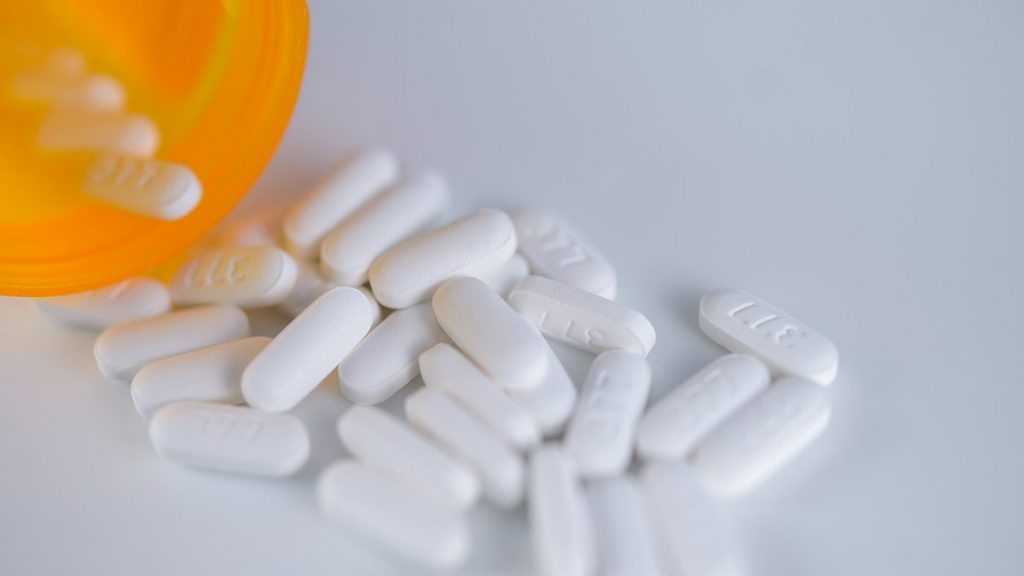A medical prescription for drugs such as diazepam (Valium), lorazepam (Ativan), alprazolam (Xanax), or clonazepam (Klonopin) could have been the start of an addiction to benzodiazepines.
Benzodiazepines (or Benzos) can help alleviate symptoms arising from panic disorders and anxiety disorders in conjunction with therapy. What may have started as a prescription medication to help with stress and anxiety, could have turned into an unmanageable habit for certain individuals. Benzodiazepines are habit-forming and not intended for long-term use. The benzodiazepine class of drugs is highly addictive and drug dependency can develop quickly. Physical dependency can occur without the drug abuser even knowing. It can occur right under an individual’s nose. Only when the time comes that the benzodiazepine-addicted individual is unable to obtain the drug and they experience the symptoms of benzodiazepine withdrawal do they even realize it has occurred. Often, the benzodiazepine-addicted individual is unaware that they have developed a substance use disorder and it has begun to affect their personal lives in ways such as a sudden change in behavior. It usually takes the intervention of a friend, family member, or work associate to point out the substance abuse issues in the life of the benzodiazepine-addicted individual to allow them to see that their use of the drug has spiraled far beyond their ability to control it.
What Are the Dangers of Addiction to Benzodiazepine?
Abuse of benzodiazepine comes with several risks. Even short-term use can lead to cognitive impairments such as drowsiness, slowed reaction time, uncoordinated motor coordination, retrograde amnesia (memory loss), and blackouts. An individual driving while under the influence of even a prescribed dosage of a benzodiazepine is the equivalent to driving drunk as they operate chemically much the same as alcohol and even share the same withdrawal symptoms as alcohol. Those addicted individuals who experience long-term abuse of the drug can have even more serious consequences. The long-term consequences of benzodiazepine abuse can result in a physical dependency on the drug. Once the body has become dependent upon benzodiazepine, an individual is at risk of serious, life-threatening withdrawals if they cease the use of the drug. Individuals addicted to a benzodiazepine will be prone to blackouts and run the risk of possibly causing injury to themselves or others, so maintaining the habit is not realistic.
Benzodiazepine Withdrawals
Benzodiazepine withdrawals are highly unpleasant and potentially fatal. Individuals addicted to benzodiazepines should never attempt to abruptly discontinue the use of benzodiazepine drugs or on their own. Any attempts to stop using should be made under the care of medical professionals at an inpatient drug and alcohol detox facility. Withdrawal symptoms from benzodiazepine dependency are at their height within 24-48 hours after the individual has last used the drug. This is when the worst of the drug withdrawal symptoms will occur. Benzodiazepine withdrawal symptoms can last for up to a week depending on the length of use the individual has experienced. Some of the symptoms of benzodiazepine withdrawal are:
- Severe Anxiety
- Sweating
- Depression
- Insomnia
- High Blood Pressure
- Nausea
- Heart Palpitations
- Tremors
- Hallucinations
- Psychosis
- Seizures
In some severe cases of benzodiazepine withdrawals, individuals can potentially worsen underlying psychiatric and medical conditions such as schizoid disorders, manic disorders, generalized anxiety disorder, and seizure disorders. If not under the care of a medically supervised detox facility, the symptoms of benzodiazepine could result in the death of the drug-addicted individual. The risks of remaining addicted to benzodiazepines far outweigh the discomfort you will feel during the withdrawal process.
The Benzodiazepine Detox Process
Once an individual has decided they wish to stop being a slave to drugs and admitted themselves to an inpatient drug and alcohol detox facility. They will be under the care of medical professionals. The medical staff along with a clinical team will help benzodiazepine-addicted individuals stabilize safely from the harmful side-effects of the drug. Experienced medical professionals will help safely taper you off from benzo dependency and provide a therapeutic calming environment during your stay. Individuals will eventually get over the physical dependency on benzodiazepine at the detox facility. Experienced care specialists will provide individuals who are going through the withdrawal process with a safe and comfortable environment to lessen discomfort during their stay. The only way to safely come off the physical dependency on benzodiazepines is to taper off the drug. The medical team at the detox will administer a slow-acting and long-lasting benzodiazepine and create a medication schedule for your stay. Each day the dosage will lessen until the individual has stabilized and no longer is physically dependent upon benzodiazepine. Benzodiazepine-addicted individuals will be carefully monitored during their stay and have their vitals monitored by nursing staff. Upon completion of a benzodiazepine detox, you still need to work on an aftercare plan and continuing drug addiction treatment for your substance use disorder to work on coping skills and build a relapse prevention plan for when they return to their everyday life.
The Benzodiazepine Abuse Treatment Program at Aftermath Addiction Treatment Center
Aftermath Addiction Treatment Center is an outpatient drug and alcohol rehab facility located in Wakefield, MA. Aftermath Addiction Treatment Center’s Benzodiazepine Abuse Treatment Program is designed to help the benzodiazepine-addicted individual learn to live a life without the drug. Through individual therapy and group therapy, benzodiazepine-addicted individuals will learn to cope with their anxiety, deal with cravings, create a relapse prevention plan, and build a sober support network. The team at Aftermath Addiction Treatment Center will work with the client to build an individualized treatment plan that is unique to their individual needs. The Benzodiazepine Abuse Treatment Program at Aftermath Addiction Treatment Center offers several levels of care to meet these individual needs: the Full-Day Treatment Program (FDT), the Half-Day Treatment Program (HDT), and the Outpatient Program (OP). There are even treatment options for those who have obligations at home. Through the use of Telehealth Virtual Services, remote treatment options from home are available as well in Aftermath Addiction Treatment Center’s Virtual FDT Program, Virtual HDT Program, and Virtual Outpatient Program. If you or a loved one is struggling with benzodiazepine abuse and maintaining sobriety, the Aftermath Addiction Treatment Center is here to help.





